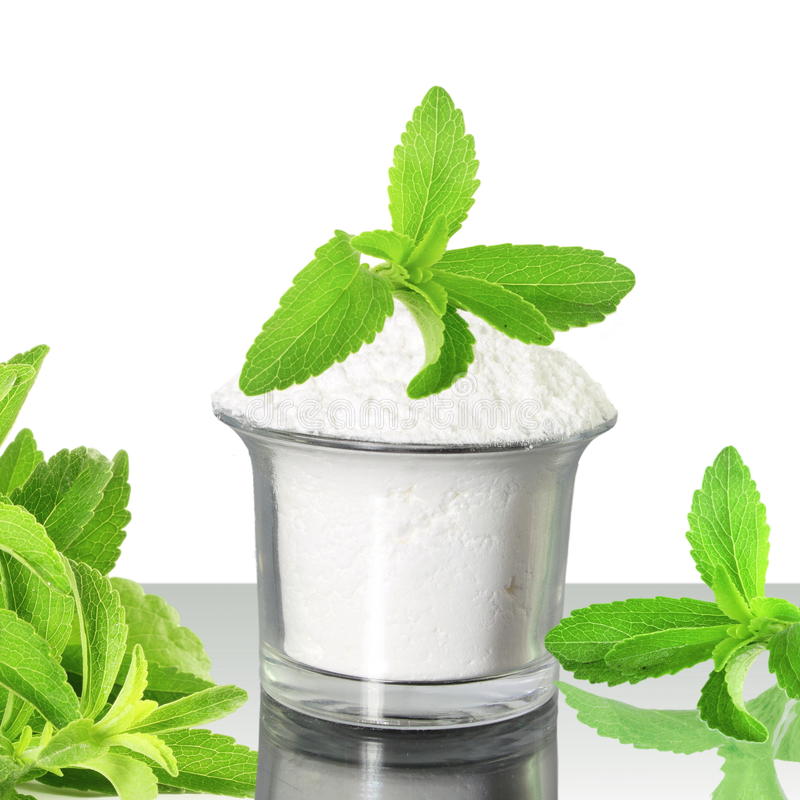Stevia Leaf 90% Extract
Product description
Stevia is a plant-based sweetener derived from the leaves of Stevia rebaudiana, a plant native to South America. The sweetening compounds in stevia, known as steviol glycosides (mainly stevioside and rebaudioside A), are significantly sweeter than sugar but have little to no calories, making stevia a popular natural sugar substitute. Stevia has gained widespread popularity, especially as a sugar alternative for those managing weight, blood sugar, and overall health.
Importance of Stevia:
Stevia’s primary importance comes from its use as a natural, non-caloric sweetener that does not raise blood sugar levels, making it an attractive option for people with diabetes, those managing weight, or individuals aiming to reduce their intake of refined sugar. Beyond its sweetening properties, stevia has been used in traditional medicine in parts of South America and Asia for its purported health benefits, including as a remedy for high blood pressure and as an aid to digestion.
Unlike many artificial sweeteners, stevia is derived from a plant and is considered non-toxic and safe when consumed in reasonable amounts. It has been approved for use by various health authorities, including the FDA and European Food Safety Authority (EFSA).
Benefits of Stevia as a Supplement:
Natural Sugar Substitute:
- No Calories or Sugar: Stevia is a zero-calorie sweetener, which makes it ideal for people looking to reduce calorie intake. It is especially beneficial for those aiming to control their weight or blood sugar levels without sacrificing sweetness in their foods and beverages.
- Diabetes-Friendly: One of the major advantages of stevia over traditional sugar or high-fructose corn syrup is that it has no glycemic index. This means it does not cause a spike in blood sugar levels, making it a safe and suitable sweetener for people with diabetes or those looking to manage blood glucose levels.
Supports Weight Management:
- Helps with Calorie Reduction: Stevia’s lack of calories and sugar makes it a beneficial tool for those looking to manage their weight. By replacing sugary foods and drinks with stevia-sweetened alternatives, individuals can reduce overall calorie consumption, which may contribute to weight loss or maintenance.
- No Impact on Insulin Sensitivity: Unlike some artificial sweeteners, stevia does not negatively affect insulin sensitivity or cause cravings for more sugar, which helps in weight management and can reduce the risk of metabolic issues like insulin resistance.
Promotes Oral Health:
- Non-Cariogenic: Stevia does not contribute to tooth decay or cavities. Sugar is a leading cause of dental issues because it feeds harmful bacteria in the mouth that lead to plaque and cavities. Since stevia is not fermentable, it does not promote the growth of these bacteria, making it a tooth-friendly sweetener.
- Prevention of Gum Disease: Some research suggests that stevia may help prevent the formation of dental plaque and gum disease due to its antibacterial properties. This makes it a useful option for people looking to maintain good oral hygiene.
Blood Pressure Regulation:
- Potential for Lowering Blood Pressure: Several studies suggest that stevia may have beneficial effects on blood pressure. Research indicates that stevia extract may help reduce both systolic and diastolic blood pressure in people with high blood pressure (hypertension). This effect is believed to be due to the presence of compounds in stevia that have vasodilatory properties (helping blood vessels relax and widen), improving circulation and lowering blood pressure.
- Natural Alternative to Antihypertensive Drugs: As a plant-based option, stevia may serve as a natural alternative for people seeking to manage mild hypertension, although those with high blood pressure should still consult with a healthcare provider before relying solely on stevia for treatment.
Antioxidant and Anti-Inflammatory Properties:
- Rich in Antioxidants: Stevia contains various bioactive compounds, such as flavonoids and phenols, which have antioxidant properties. These antioxidants help protect the body from oxidative stress, which is associated with aging and the development of chronic diseases such as heart disease, cancer, and neurodegenerative disorders.
- Anti-Inflammatory Effects: Some studies suggest that stevia may reduce inflammation in the body, which is beneficial for managing inflammatory conditions like arthritis or inflammatory bowel disease (IBD). Its anti-inflammatory effects may also contribute to the overall benefits for heart health and metabolic function.
Gut Health:
- Supports Digestive Health: Traditional uses of stevia in South America include its role as a digestive aid. Some evidence suggests that stevia may promote a healthy gut by supporting the growth of beneficial bacteria in the microbiome. Additionally, it may have mild laxative effects, which can aid in digestion and alleviate constipation.
- Prebiotic Effects: Some research has suggested that stevia may act as a prebiotic, meaning it supports the growth and activity of beneficial gut bacteria. A healthy gut microbiome is essential for overall digestive health, immunity, and nutrient absorption.
May Reduce Cancer Risk:
- Cancer-Fighting Potential: Preliminary studies suggest that stevia may have anticancer properties due to its antioxidant and anti-inflammatory effects. Some compounds found in stevia have shown promise in inhibiting the growth of certain cancer cells in laboratory studies. However, more research is needed to fully understand its role in cancer prevention or treatment.
Improves Insulin Sensitivity:
- Helps with Blood Sugar Control: Stevia may improve insulin sensitivity, which is important for regulating blood sugar levels and preventing insulin resistance—a key factor in the development of Type 2 diabetes. Some studies have shown that stevia extract can help regulate insulin secretion, which may have long-term benefits for metabolic health.
Forms of Stevia Supplements:
Stevia is available in various forms, including:
- Powdered Extracts: Often used in beverages or recipes, these are concentrated forms of stevia and can be many times sweeter than sugar.
- Liquid Drops: A highly concentrated version of stevia, typically used in drinks, tea, or coffee. These drops are convenient for adding sweetness without using powdered forms.
- Stevia Tablets: These are often used for individual servings or for those who prefer a more precise way of controlling the amount of stevia consumed.
- Stevia Blends: Some stevia supplements are blended with other sweeteners (such as erythritol or monk fruit) to provide a more sugar-like taste while still being low in calories and carbs.


